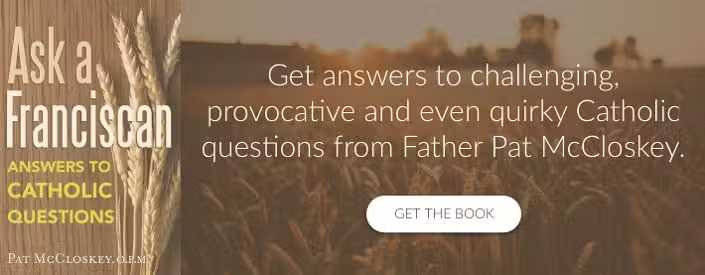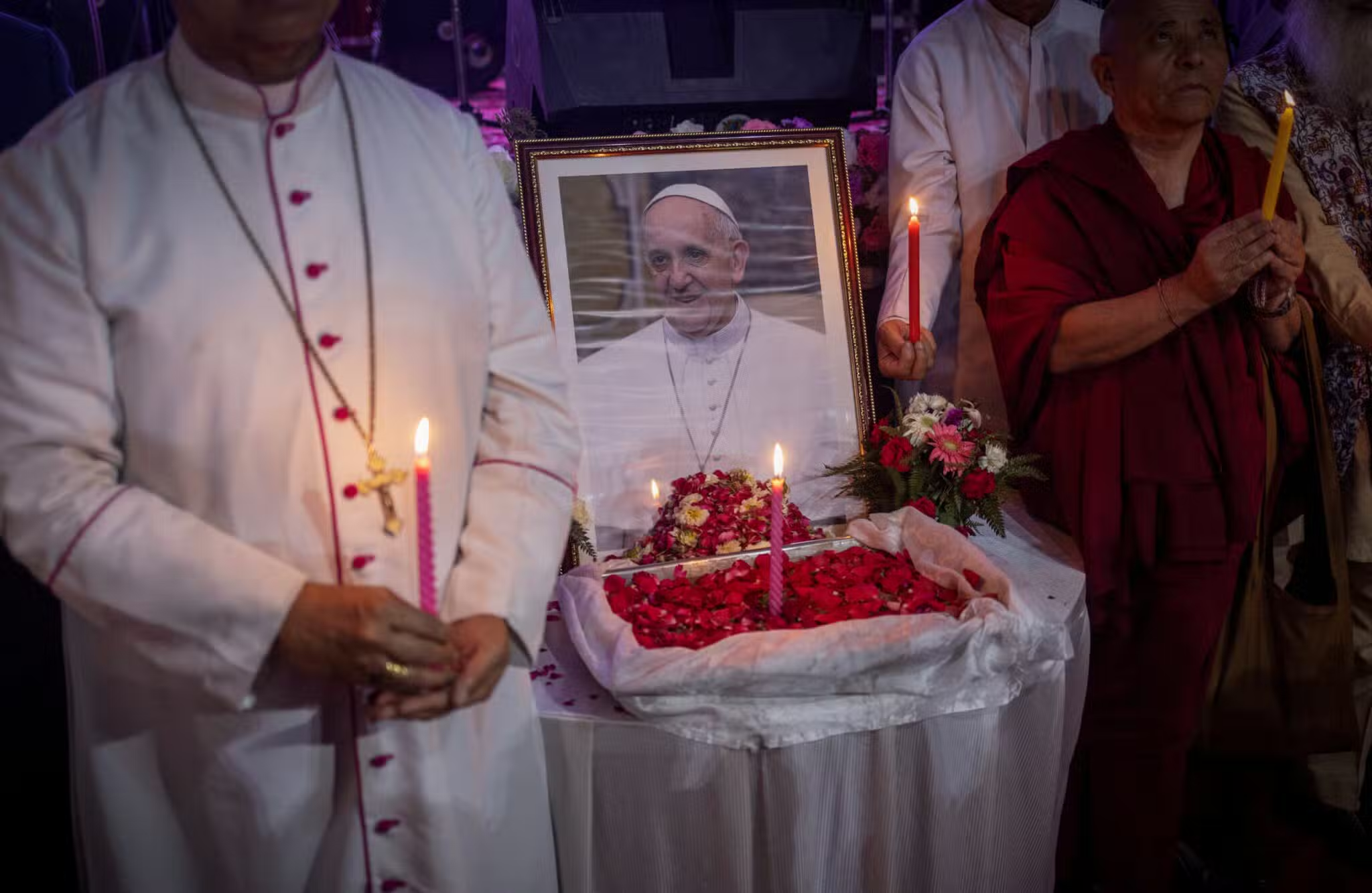Q. Why do Catholics eat fish on Friday? How did this tradition start? I have been told that at one time the Italian fishing industry was in a depression, so the pope made a law mandating eating fish once a week. Also, that it was a practical concern as meat that had been preserved was beginning to spoil and animals should not be slaughtered during the spring birthing season.
A. There is no law, nor do I know of any law in the past, that Catholics must eat fish on Friday or anytime. Over the centuries custom has dictated that Catholics abstain from meat (the flesh of warm-blooded animals) on certain days (chiefly Friday).
Many eat fish in the place of meat, but that is a matter of choice. They might just as well eat eggs, cheese or beans if they want protein in the diet on days of abstinence.
I’ve come across the suggestion that some pope wanted to give the fishermen a boost, but I’ve never found any historical proof for that. And, de facto, abstinence of one kind or another has its roots in the Old Testament and the forbidden foods in the Mosaic law.
The entry on fast and abstinence in the New Catholic Encyclopedia will tell you that abstinence among Christians is mentioned in the Didache, written in or around 90 A.D. So it is hardly an invention of a pope in the Middle Ages. The reason for observing Friday as a day of penance (abstinence) should be fairly obvious. It was the day of Christ’s death. The days of fasting and abstaining, however, have changed from place to place and from one set of times and days to another.
Besides penance and mortification, I can’t tell you what motivations for some laws may have been. But I would think fish would spoil even more quickly than meat. Wise hunters and stock breeders have long known enough to protect animals in the breeding season.








